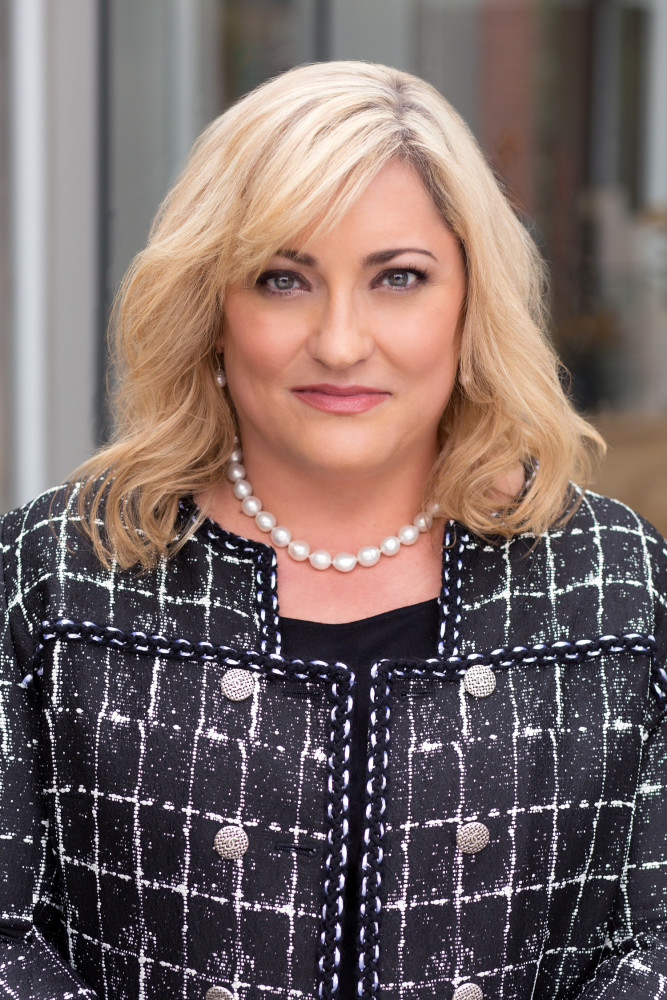By Mike Rogoway
The Oregonian, Portland, Ore.
Intel President Renée James, one of the company’s most senior executives, was in Delhi this month and spoke with an English-language Indian newspaper, The Economic Times, about her company’s new diversity push and the role of women in technology.
A protégé of legendary former Intel chief executive Andy Grove, James became president when Intel promoted Brian Krzanich to CEO in 2013. She was a leading candidate for the top post and, at age 50, she may be the top candidate to eventually succeed Krzanich.
Intel announced last month that it will invest $300 million in building a more diverse tech ecosystem. Nearly three-quarters of Intel’s employees are men, and just 4 percent are African-American. By 2020, Intel says it wants “full representation” of women and minorities at all levels of the company.
“We’ve been working on diversity for a long time now,” James told the Indian paper. “But in ten years of working on it — asking our managers to make our workforce diverse and inclusive — we’ve not made as much progress.”
So James said Intel is going to be more concerted, and more public, about its efforts.
I profiled James five years ago, when she was a rising star at Intel running the company’s rapidly expanding software group. Though Intel’s headquarters are in California, she is among many top executives who live in Oregon. She sat next to President Obama at last week’s cybersecurity summit at Stanford.
Here are some highlights from James’ conversation with The Economic Times.
Why tech needs women
“There is a huge business case for diversity. You will be making products for people you don’t understand, you don’t interact with. If you don’t have an inclusive, diverse workforce, it makes you myopic.”
On what’s changed for women during James’ 25 years at Intel
“It’s as difficult today for a woman in tech to progress in her career as it was 25 years ago. In some ways it is harder. The business has got bigger; it’s a force in the world of growth. In many countries, IT is a pillar of growth and attracts a lot more competitive talent. Plus, there aren’t more women coming out of engineering on a percentage basis for the top jobs.”
On whether women can “have it all”
“Everyone makes sacrifices. For me, it’s worked out well. I have children. I have a very interesting career. But it’s not for everybody.
“Not everybody wants be texting their 15-year-old asking how his math tutor was. They would rather be home looking at how the math tutor was today. But it is what it is. I think technology has made it easier. I have FaceTime (videochatting) and I can text my kid. He emails me his paper and at times, I look at it and wish I was there (laughs). Technology is not the same as being there but it’s a lot better than nothing.”
Career advice for women:
“Develop resilience and be brave. There are days when it is very discouraging. You have to develop personal resilience to environmental things that come along. If you let every single environmental challenge knock you off your game, it’s going to be very, very hard. You see a lot of women who take the negative things that come their way and let it slide off them, like they are coated with Teflon.”














































































































































































































































































































































































